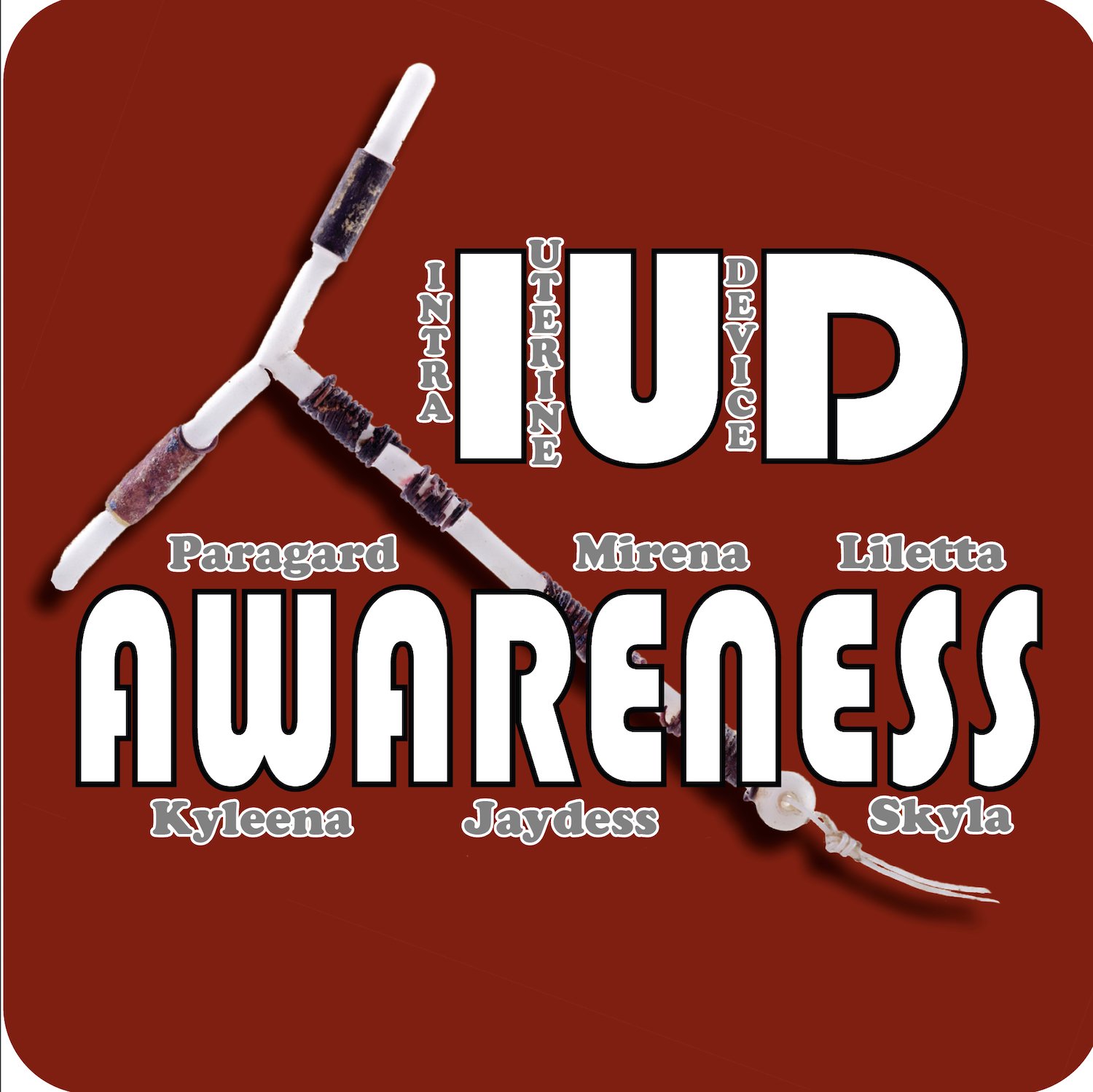Should You Get an IUD?
/“Listen, I totally get it. It took me about six months of Googling, talking to my husband, and hemming and hawing before I decided to get an intrauterine device (IUD). What held me back? Fear, mostly: that insertion would hurt, that my guy would get "poked," that the hormones would eff with my sex drive or my period, and maybe that I'd decide in a year that I was ready to get pregnant and all the stress and pain wouldn't be worth it. There has been a lot written lately about why less than 5 percent of "contracepting" women under 30 use IUDs. Why so few when they are super safe, effective, and the favored birth control of ob-gyns, plus European women love them, and the American Academy of Pediatrics issued recommendations this past fall that said IUDs are great for teens? Yet this isn't actually a question I wonder about, because I know! IUDs can be scary.
It doesn't help that they have a rocky history. We've had IUD-like devices for about 100 years now, but truly safe and effective versions didn't make their debuts until pretty recently: 27 years ago for ParaGard, 14 years for Mirena. When you say "IUD" to your mom, she probably thinks of the Dalkon Shield, which was pulled from the market in the 1970s for causing injuries, infections, miscarriages, and 17 deaths. "There's a hangover from that period," says Laura MacIsaac, M.D., director of family planning for the Mount Sinai Health System. People assume that IUDs are injury-causing nightmares, but uterine perforation is extremely rare (and even more rarely serious).
Also, ParaGard was marketed initially to married moms. Maybe the manufacturer was trying to avoid controversy, Dr. MacIsaac says, but the approach made people mistakenly think IUDs were only for 40-year-olds who were done with babies.
"Now, more providers are finally talking to young women about IUDs, and more women are hearing about them on their own," says nurse practitioner Linda Dominguez, immediate past chair of the board of directors at the Association of Reproductive Health Professionals. "It's my hope that women and doctors will see the IUD on a level playing field with any other method. It's not for some special person — it can be for any woman."

